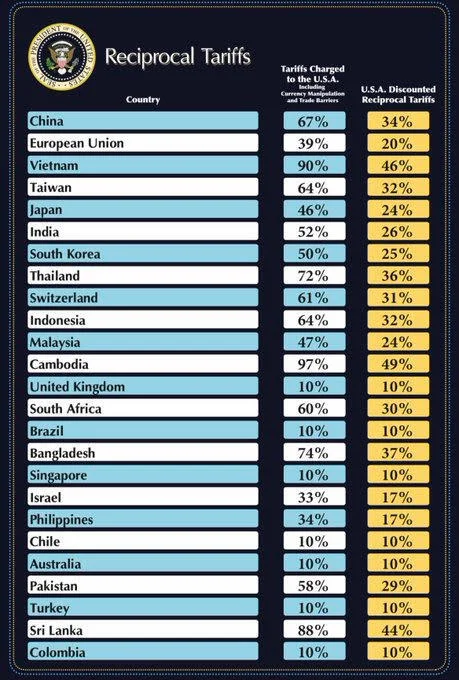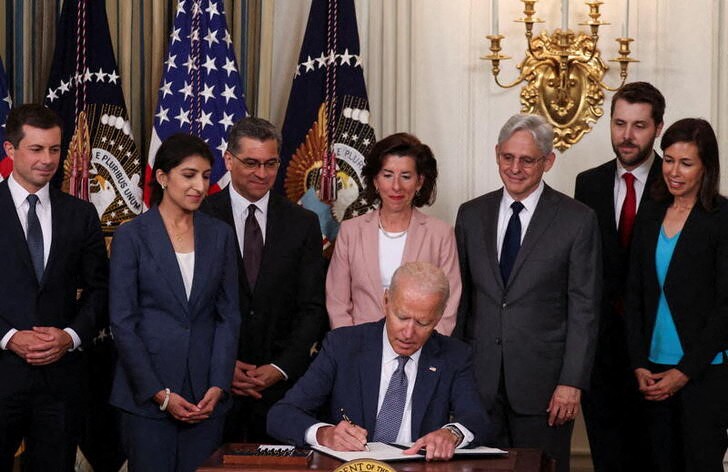In a shocking display of economic recklessness, former President Donald Trump has reignited his trade war with threats to reimpose tariffs on multiple countries, including Canada, Mexico, and China. Speaking in New Jersey, Trump revealed that his administration would send out approximately a dozen warning letters this week, signaling a renewed commitment to a confrontational trade policy that has already wreaked havoc on global markets.
Trump"s Trade War Returns
According to the New York Times, Trump’s latest threats come just as he has pushed his domestic policy agenda forward, diverting his focus back to the very trade battles that defined his presidency. Once again, the specter of tariffs looms large, as the administration seeks to lock in favorable trade agreements or else face the backlash of punitive tariffs that could raise prices on everyday goods for American consumers.
Implications for American Workers
The implications of Trump"s trade policies are profound, particularly for low- and middle-income Americans who could bear the brunt of these tariffs. When Trump first engaged in his trade war, it resulted in increased costs for farmers, manufacturers, and consumers alike. According to AP News, retaliatory tariffs from China alone raised prices on numerous goods, a trend that could very well repeat itself if Trump follows through with his threats.

Trump announces new tariffs on what he calls "Liberation Day ...
Global Economic Consequences
As reported by BBC News, the aggressive stances taken by Trump have already caused rifts with U.S. allies, pushing countries to reconsider their economic ties with America. This latest chapter in the trade war could send shockwaves through the global economy, potentially triggering a recession that could affect millions of workers worldwide.
Biden"s Dilemma in Managing Tariffs
President Joe Biden"s approach to tariffs has been to maintain many of Trump"s measures while attempting to implement a more nuanced strategy. Biden"s administration largely keeps tariffs on Chinese imports in place while focusing on specific sectors like semiconductors. However, as indicated by AP News, this strategy has not shielded the U.S. from the broader repercussions of Trump"s policies. The uncertainty created by Trump"s threats could undermine any gains Biden hopes to achieve through targeted tariffs.

White House to hold second Competition Council meet on Monday | Reuters
The Broader Civil Rights Context
From a civil rights perspective, the impact of Trump"s trade policies cannot be overlooked. Economic instability often translates into social unrest and can exacerbate existing inequalities. The communities most affected by these tariffs are often those already marginalized in our society. Rising prices on essential goods will disproportionately impact low-income families and people of color, compounding the challenges they already face. This reality must be at the forefront of any discussion surrounding trade and economic policy.







![[Video] Gunfire between Iraqi security forces and Sadr militias in Baghdad](/_next/image?url=%2Fapi%2Fimage%2Fthumbnails%2Fthumbnail-1768343508874-4redb-thumbnail.jpg&w=3840&q=75)
